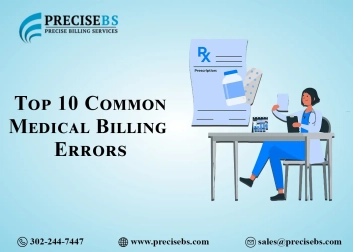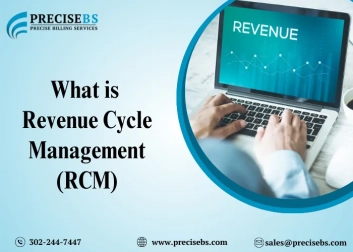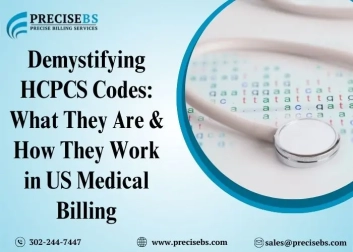Comprehensive Billing Services for Your Business: A Guide to Efficiency and Accuracy
Efficient billing services are critical for businesses aiming to optimize payment processes, improve cash flow, and red
Common Medical Billing Errors and How to Avoid Them
In the healthcare industry, accurate medical billing is essential for ensuring timely payments and maintaining complian
What is Medical Coding: A Comprehensive Guide to Understanding Its Importance in Healthcare
One of the critical functions in the health system is medical coding, which contains the medical services and procedure
Why is Medical Billing Important for Efficient Healthcare?
Why is Medical Billing Important for Efficient Healthcare? Medical billing is a central process in the healthcare indus
What is Revenue Cycle Management (RCM)
Revenue Cycle Management (RCM) refers to the financial process healthcare facilities use to track patient care revenue from appointment to final payment. It covers the entire billing cycle, including medical coding, claims management, and patient payments. Effective RCM ensures improved financial performance, faster claims resolution, and an optimized workflow for healthcare providers.
Discover What a Medical Billing Company Can Do for You
Understanding the intricate processes of medical billing can be a daunting task for healthcare providers. In today's ra
Unlocking the Power of HCPCS Codes: A Comprehensive Guide
HCPCS Codes (Healthcare Common Procedure Coding System) are used in the U.S. to identify medical procedures, services, and equipment. They facilitate efficient billing and ensure uniformity across healthcare providers. HCPCS is divided into two levels: Level I includes CPT codes, while Level II covers non-physician services and products.
Don’t Get Stuck Paying for Errors: Your Ultimate Medical Billing Auditing Checklist (USA)
Ever stared at a medical bill and felt a sinking feeling in your gut? You're not alone. Medical billing can be a confus
Why Medical Billing Audits Important for Your Healthcare Practice
In the complex world of healthcare, accurate medical billing is crucial for ensuring your practice receives proper reim
Medical Billing Guidelines: A Guide for Patients and Providers in the USA
Medical billing guidelines outline the proper way for healthcare providers to submit claims to insurance companies. Following these guidelines ensures accurate reimbursement for services rendered and minimizes claim denials. Understanding these guidelines is crucial for efficient medical billing and revenue cycle management.










